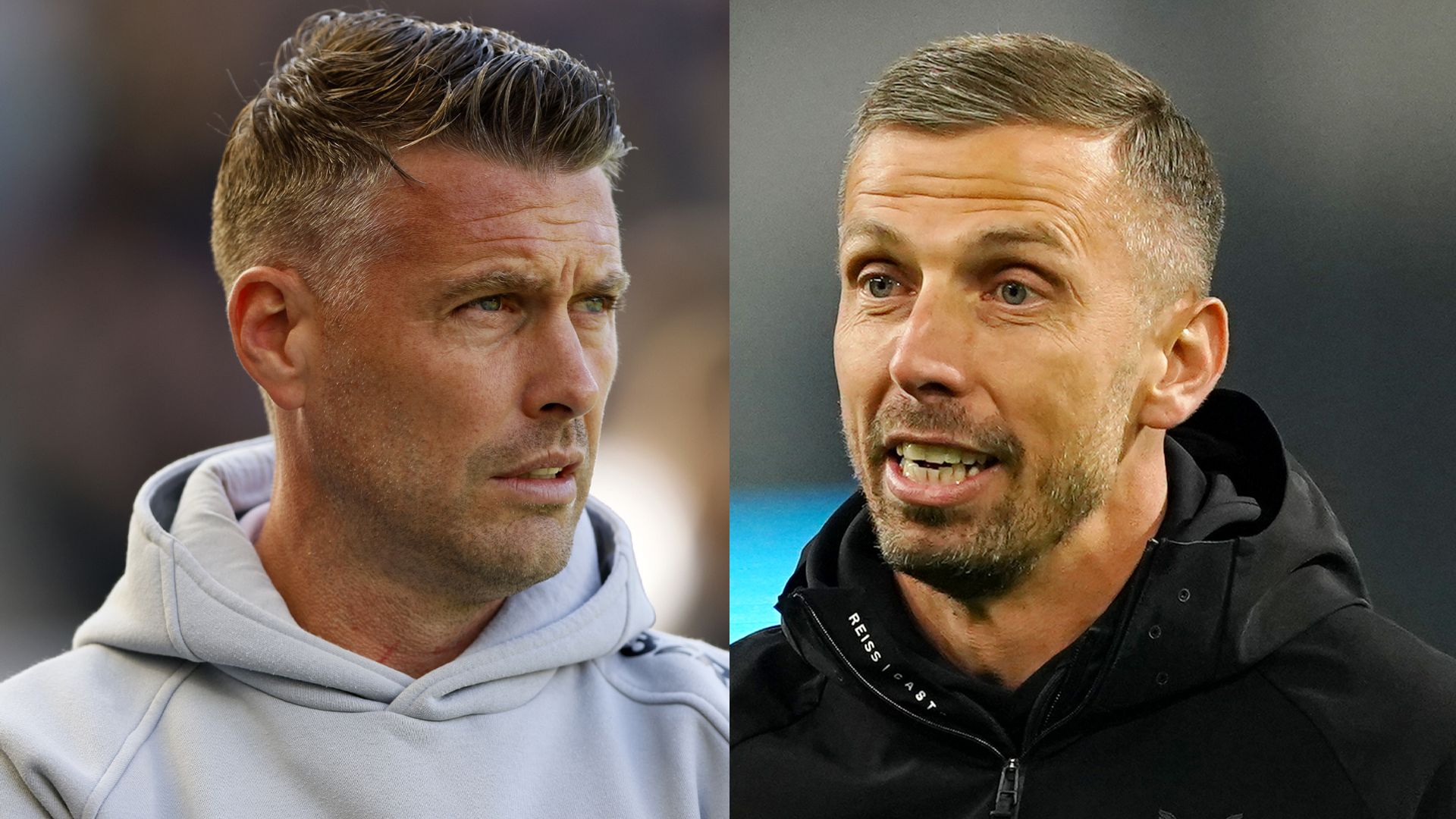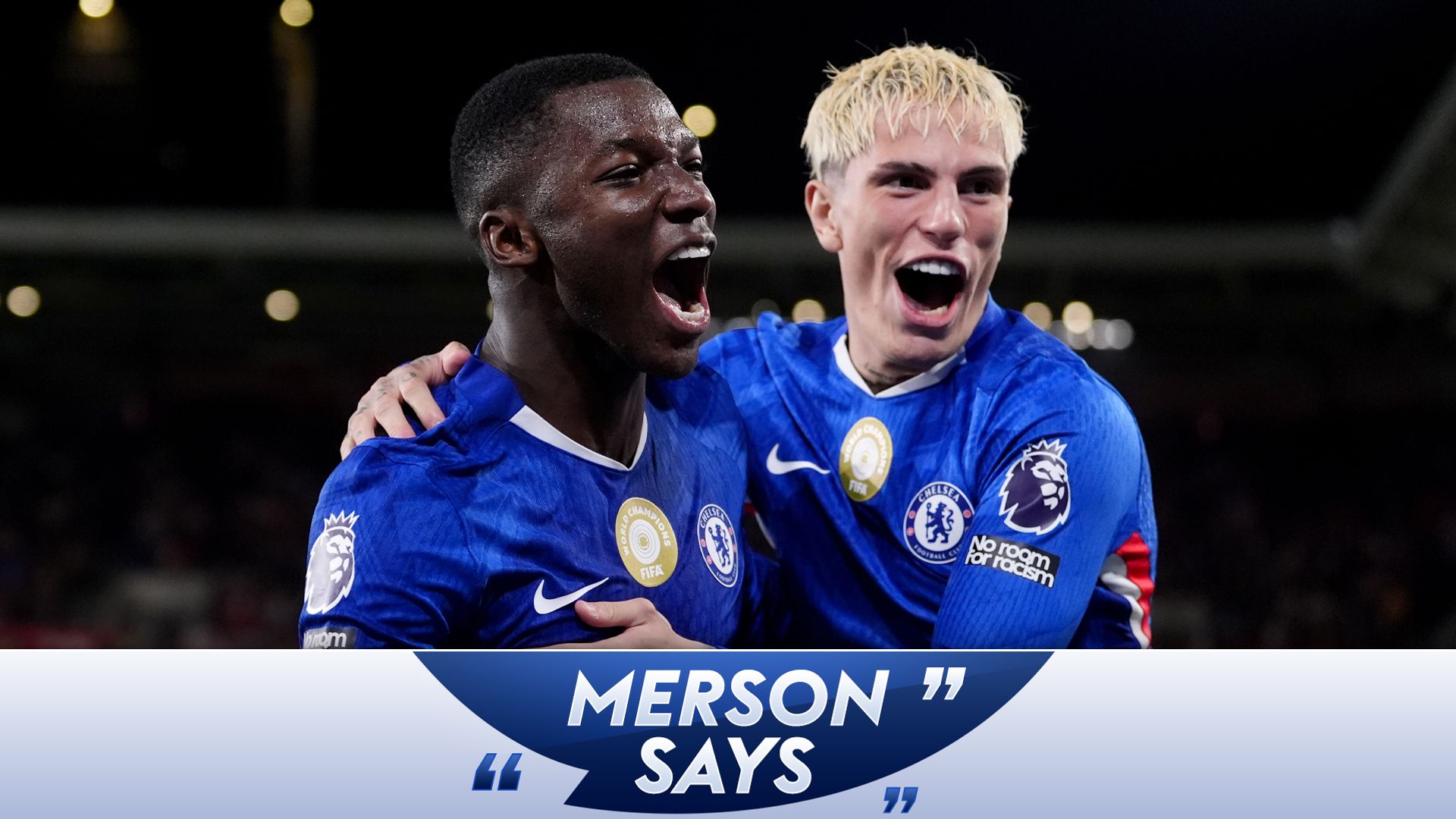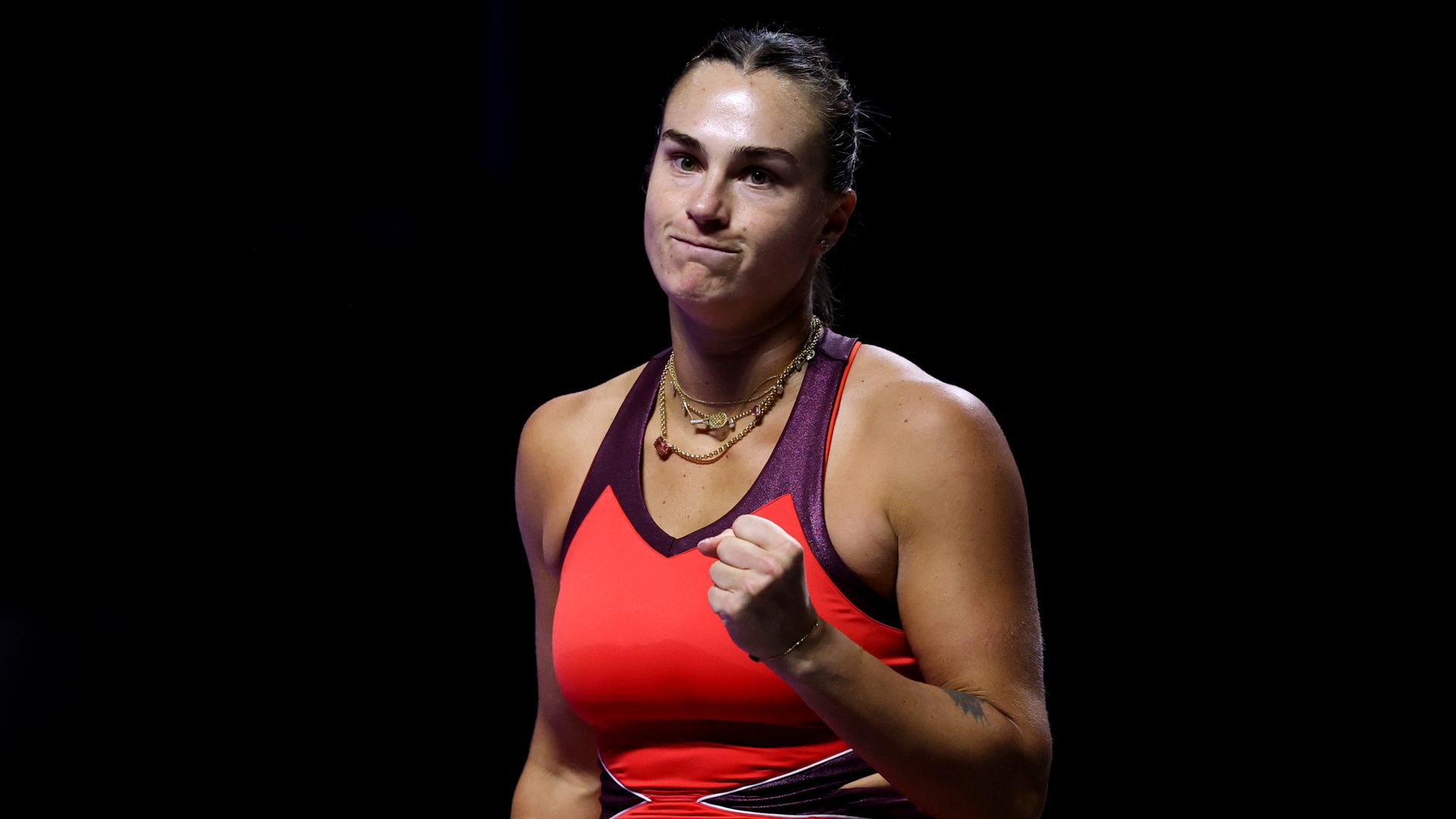Wolves’ Coaching Search: A Battle of Ideologies as Gloomy Choices Loom Over the Future of the Club’s Legacy and Ambitions
In a significant development in the world of football, Wolverhampton Wanderers, commonly referred to as Wolves, have begun their search for a new head coach following the dismissal of Vitor Pereira. The decision to part ways with Pereira, who was appointed just months earlier, has sent shockwaves through the club and its fanbase. This change at the helm raises questions about the club’s direction and the vision for its future.
At the forefront of the managerial candidates are Gary O’Neil and Rob Edwards, two names that have garnered attention in the football community. O’Neil, known for his tenure at Bournemouth, showcased his tactical prowess and ability to motivate players under challenging circumstances. His experience in the Premier League, particularly in a relegation battle, could be invaluable to Wolves as they navigate a pivotal moment in their season.
On the other hand, Rob Edwards presents an intriguing option. Having made a name for himself with his work at Luton Town, Edwards has demonstrated a keen understanding of player development and tactical flexibility. His ability to foster young talent and create a cohesive team environment could align with Wolves’ ambitions to build a sustainable club model that competes at higher levels.
The sacking of Pereira reflects a broader trend in football where clubs are increasingly impatient with managerial tenures, often seeking immediate results rather than allowing time for a project to develop. Wolves, having faced inconsistency in their performances, are under pressure to make a swift and impactful decision in their search for a new head coach. The stakes are high, and the choice of manager could define the club’s trajectory for years to come.
In the context of the broader football landscape, Wolves find themselves at a crossroads. The Premier League is a highly competitive environment, where clubs invest heavily in player acquisitions and managerial expertise. The financial implications of relegation are severe, and Wolves must tread carefully in their next steps. The choice between O’Neil and Edwards not only represents a tactical decision but also a philosophical one, reflecting the club’s aspirations and identity.
Gary O’Neil’s experience at Bournemouth, where he took charge during a tumultuous period, earned him respect within the football community. His ability to galvanize a squad and instill a fighting spirit could resonate with Wolves’ current squad, which has been criticized for lacking cohesion and consistency. O’Neil’s pragmatic approach might appeal to a club looking for stability during turbulent times.
Conversely, Rob Edwards embodies a more progressive style of management. His success at Luton Town, where he led the team to promotion and instilled a winning mentality, showcases his potential to elevate Wolves to new heights. Edwards’ focus on youth development and tactical innovation could align with Wolves’ long-term vision of building a competitive and sustainable team.
As Wolves weigh their options, the decision will inevitably spark debate among fans and pundits alike. The contrasting styles and philosophies of O’Neil and Edwards reflect broader themes within football, such as the balance between immediate results and long-term development. The choice of manager will not only impact the club’s performance on the pitch but also its identity and relationship with its supporters.
Moreover, the managerial search at Wolves highlights the precarious nature of football management in the modern era. With clubs facing mounting pressure to deliver results, the average tenure of managers continues to decrease. This environment fosters an atmosphere of uncertainty, where even successful managers can find themselves under threat if results do not meet expectations.
In the context of Wolves, the club’s ambitions have been clearly articulated. Following their promotion to the Premier League in 2018, there was a sense of optimism and excitement surrounding the club’s potential. However, the recent struggles have prompted a reevaluation of their strategy and objectives. The next managerial appointment will play a crucial role in determining whether Wolves can recapture the form that saw them become a competitive force in English football.
The decision-making process within the club will also be scrutinized. The influence of ownership, the board’s vision, and the input of key stakeholders will shape the direction of the managerial search. Wolves’ management must balance the desire for immediate success with the need for a long-term strategy that ensures the club remains competitive in the Premier League.
As the situation unfolds, the implications of the managerial search will extend beyond the immediate future. The choice between Gary O’Neil and Rob Edwards will resonate within the club and its fanbase, igniting discussions about the values and principles that define Wolves as an institution. The outcome of this search will not only impact the team’s performance but also shape the narrative surrounding the club’s identity in the years to come.
In conclusion, Wolves’ head coach search is emblematic of the broader challenges faced by clubs in contemporary football. The contrasting styles and philosophies of O’Neil and Edwards encapsulate the ongoing debate within the sport about the balance between immediate success and sustainable development. As Wolves navigate this pivotal moment, the decision they make will undoubtedly have far-reaching consequences for the club’s future and its place within the competitive landscape of football.




